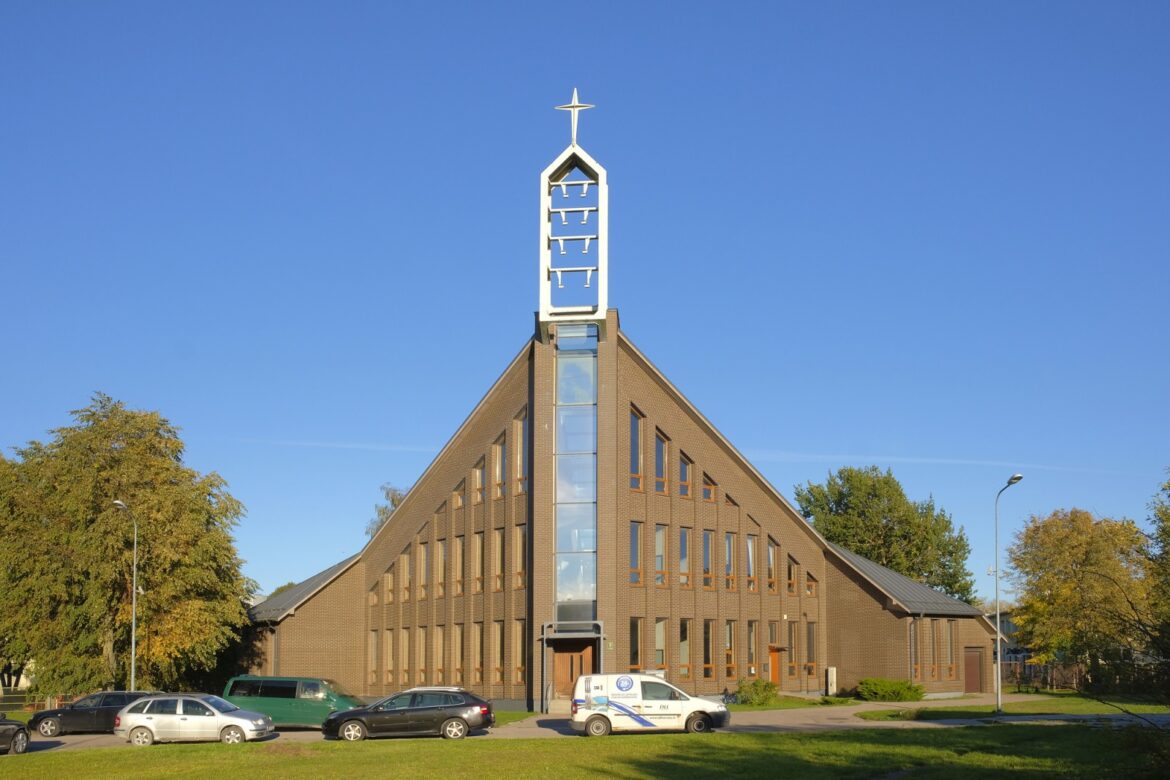The question of whether Saint Peter is indeed the founder of the Roman Catholic Church is one steeped in theological significance and historical debate. This inquiry provokes curiosity and offers a profound shift in perspective that invites exploration into the origins of Christianity itself. At the heart of this discussion lies not just historical fact, but also the interpretation of scriptural evidence and the evolution of ecclesiastical authority over the centuries.
To embark on this journey, one must first recognize who Saint Peter was. Originally known as Simon, he was a fisherman from Bethsaida, called by Jesus to be one of His first disciples. The Gospels present Peter as a prominent figure, often acting as the spokesperson for the disciples. His character arc encapsulates the experience of faith, including moments of doubt and ultimate conviction, serving as both a relatable figure and an exemplar of commitment to Christ’s mission.
The crux of the debate centers on Matthew 16:18, wherein Jesus states, “And I tell you that you are Peter, and on this rock I will build my church.” This verse has been foundational for the Roman Catholic understanding of apostolic succession and ecclesiastical authority. The term “rock” has been interpreted to mean that Peter himself was the bedrock upon which the Church would be established. This assertion forms a cornerstone for the Catholic claim that succession from Peter grants authority to each subsequent pope. Consequently, the papacy, seen as the direct lineage from Peter, embodies the leadership role designated by Christ.
However, this interpretation is not universally accepted. Various Christian denominations contest the notion that Peter was singularly endowed with such foundational authority. Some argue that Christ intended to emphasize the faith of Peter rather than Peter himself, suggesting that the “rock” could symbolize the collective faith of the entire Church. This view posits that all believers—rather than a select line of successors—form the true Church, fundamentally shifting the understanding of church governance and authority.
Historically, Peter’s role in the early Church is nuanced and complex. Following the ascension of Christ, Peter emerged as a leader among the apostles, playing a crucial role in the Jerusalem Church. The Acts of the Apostles recounts his dynamic leadership during the Pentecost and his involvement in critical decisions regarding Gentile inclusion into the Church. Despite this prominence, it is essential to recognize that Peter’s authority was not exercised in isolation; other apostles, including James and John, significantly influenced the development of early Christian communities.
The implications of Peter’s founding role extend into the interpretation of apostolic tradition and the notion of infallibility. For Roman Catholics, the Pope is seen as the successor to Peter, embodying the same apostolic authority. This belief in papal infallibility was definitively pronounced during the First Vatican Council in 1870, asserting that, under specific conditions, the pope is preserved from error. The theological ramifications of this doctrine are profound, affecting doctrinal development and the church’s response to contemporary issues. Critics, however, argue that such a claim does not find ample support in early Church practices, where councils often convened to address theological disputes, indicating a collective leadership model rather than a singular authoritative voice.
The historical context further complicates the narrative. The formation of the Church as a structured institution evolved over several centuries. After the death of the apostles, early Christians faced persecution, leading to a gradual shift toward a more centralized form of governance. The establishment of bishops and other clerical hierarchies resulted in varying interpretations of authority. Churches in different regions developed distinctive practices and beliefs that sometimes clashed with the emerging orthodoxy that would later characterize Roman Catholicism.
In contemplating the role of Saint Peter as the Church’s founder, one must also consider the theological underpinnings of the Church’s mission. Christ’s commissioning of His disciples in the Great Commission underscores the universal call to spread the Gospel. This command transcends any singular founder; it invites all believers into the mission of making disciples. Thus, while Peter may have played a foundational role, the call to evangelize and teach extends far beyond the initial apostles, enveloping all Christians in a shared vocation.
The exploration of Peter’s legacy continues to transcend denominational lines, prompting deeper reflections on authority, leadership, and the nature of the Church. For Roman Catholics, affirming Peter’s foundational status encapsulates a rich heritage and continuity that they celebrate within their faith. However, the broader Christian community’s interpretations provide a diverse tapestry that enriches the understanding of Christ’s mission and the crafted narrative of the early Church.
In conclusion, whether one sees Saint Peter as the literal founder of the Roman Catholic Church hinges on the intricate interplay of scriptural interpretation, historical context, and personal faith. As we navigate through these perspectives, the inquiry fosters an enriched understanding of apostolic succession and the nature of ecclesiastical authority. While the debate continues, it serves to remind us that the foundation of the Church is ultimately rooted in Christ Himself—an invitation extended to all believers to partake in the profound mystery of faith and mission.



